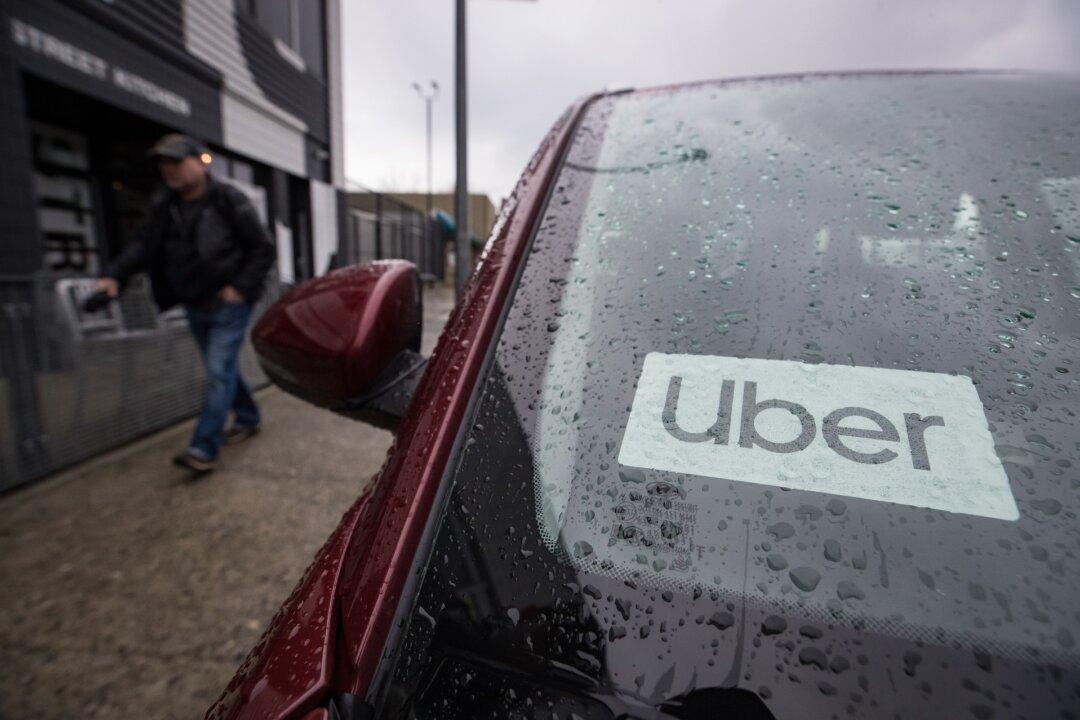As British Columbia considers regulating the gig economy, including app-based ride-share and food-delivery services, it spent months consulting with workers, platform companies, and academics. On April 12, the province published the feedback it got.
As with similar plans to regulate the gig economy in other jurisdictions, the debate in B.C. centres on a trade-off in having the flexibility of independent work but losing out on the benefits offered by a more formal employer-employee relationship.





